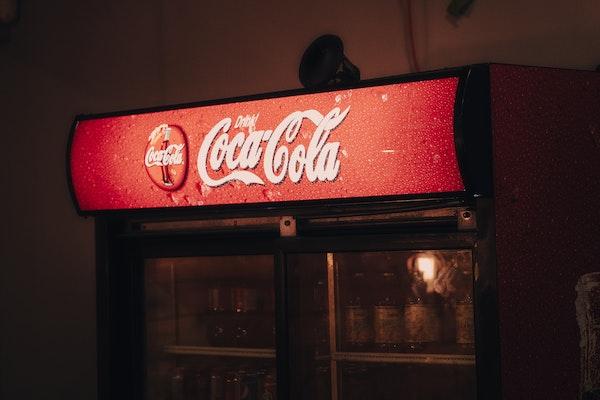Refrigeration is Coca-Cola's Largest Contribution to Climate Change

In a recent article published in The Conversation, titled "Coca-Cola's biggest challenge in greening its operations is its own global marketing strategy," the author, Bart Elmore, professor in the Department of History at The Ohio State University, brings to the table the question of whether Coca-Cola's strategy is worth all the heat it's generating!
Coca-Cola is a globally recognized brand operating in over 200 countries. However, its extensive operations contribute to a significant carbon footprint. The company utilizes numerous vehicles, bottling plants, and syrup factories worldwide. The most substantial environmental impact of Coca-Cola, however, stems from its refrigeration equipment.
Refrigerators consume substantial amounts of electricity, and some coolants used in these systems are greenhouse gases that contribute to global warming. About two-thirds of the climate impact of refrigeration is due to electricity consumption, while refrigerants account for the remainder. In 2020, refrigeration accounted for almost 8% of global greenhouse gas emissions.
In his book, "Country Capitalism: How Corporations from the American South Remade Our Economy and the Planet," Elmore shares that major companies like Coca-Cola have thrived by making their products widely available, contributing to a fast-paced, long-distance form of commerce that plays a significant role in the ecological crisis our planet currently faces.
Read more about this article at Ohio State News, as republished from The Conversation under a Creative Commons license. Or read the original article.
